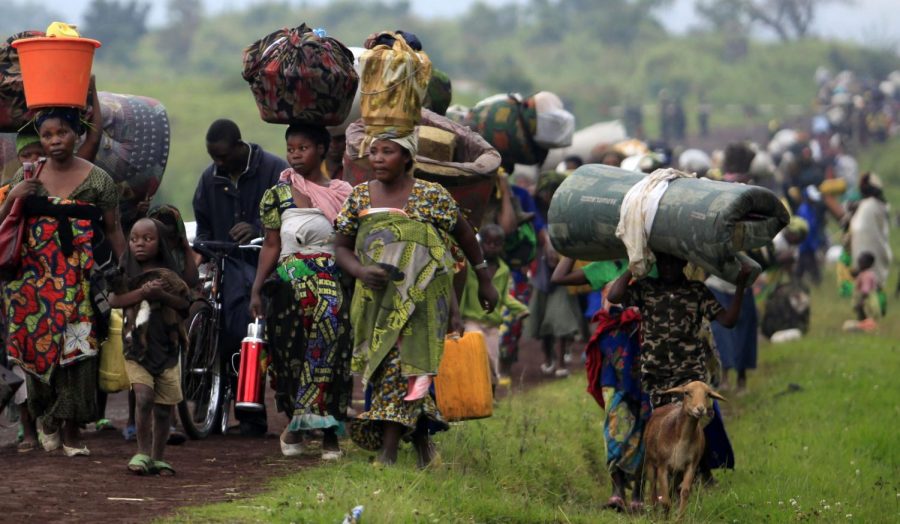Unraveling Climate Refugee-Specific Hatred: The Role of Selective Guilt and Generational Gap in Developed Countries
Abstract
Climate change-induced migration is a pressing global issue, with millions projected to be displaced. Understanding public attitudes towards climate migrants is crucial but lacks research focus, often treating refugees as a homogeneous group. This study investigates attitudes towards climate and war refugees, focusing on the underlying factors driving climate refugee-specific hatred. Preliminary analysis of the Ipsos 2022 survey reveals a positive correlation between age and climate refugee-specific hatred in developed countries, including the United States. Introducing the concept of “selective guilt,” we propose that varying degrees of guilt associated with different events shape attitudes towards refugees. Older individuals may experience less collective guilt about climate change due to historical context and diminished personal identification. Through analysis of Ipsos survey data and a nationally representative survey experiment among US citizens, this research aims to gain insights into factors shaping attitudes towards climate and war refugees, specifically in relation to selective guilt. The study contributes to understanding public attitudes and informs policies to promote integration and reduce tensions in the face of climate displacement.
Field
Political Science
Team
Jieun Park, Margaret Peters, Soonhong Cho
Jieun Park
Jieun is a Ph.D. candidate in political science at UCLA. Her research focuses on the political economy of migration and East Asian politics, with a specific emphasis on immigration attitudes and gender in politics in Japan and South Korea. Currently, she is working on several projects, including the examination of attitudes toward female emigrants in Asia, opinions on climate migration, and Asian-specific preferences in the US and Australia. Jieun employs survey experiments and computational social science techniques, with an emphasis on text analysis. She holds a master’s degree in International Relations from Seoul National University and a Bachelor’s degree in International Relations from the Australian National University. Jieun has previously worked as a professional researcher at the Korea National Diplomatic Academy and the Association of World Election Bodies.
Margaret Peters
Margaret Peters is a Professor in the Department of Political Science and the Chair of the Global Studies major at UCLA. Her research on the political economy of migration. She is currently working on a book project on how the process of forced displacement affects migrants’ sense of dignity and how these dignity concerns affect decisions of whether to move from the crisis zone, where to move, and when to return. She is additionally writing a book on how dictators use migration, including forced migration, to remain in power. Her award-winning book, “Trading Barriers: Immigration and the Remaking of Globalization,” argues that the increased ability of firms to produce anywhere in the world combined with growing international competition due to lowered trade barriers has led to greater limits on immigration, as businesses no longer see a need to support open immigration at home.
Soonhong Cho
My research explores how political attitudes are shaped and transformed into behavior. My ongoing projects examine the drivers of attitudes toward Asian Americans, the causes of attitudinal changes toward climate change-induced immigrants, and the psychological aspects of intergenerational mobility in education. Methodologically, I am interested in causal inference with two particular focuses that would help social scientists make causal claims better: 1) partial identification strategies with minimal assumptions in survey data, and 2) statistical estimation strategies for causal inference with machine learning tools to relax functional form assumptions.

